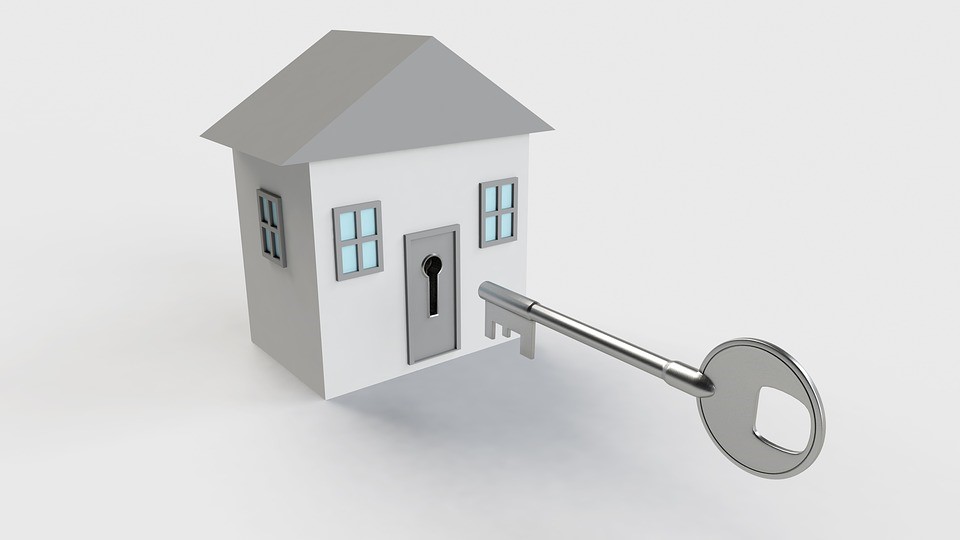It looks like rising unemployment and weak household balance sheets stopped to act as a drag on the housing market in South Africa since this summer when the latest figures had started to show a bottoming out. Mainly supported by a relaxation in lending criteria, first-time buyers had been the biggest beneficiaries.

Should the improvements continue?
Based on the information provided by BetterBond, a well-known mortgage originator, home loans applications submitted to the banks started to improve in July, when they rose by 76%. As compared to a year ago, when the figures were between 68%-70%, an improvement is obvious and way above the record low of 26% reached in 2010.
The pick up in real estate activity is mainly attributed to banks requiring smaller deposits from buyers. Ooba, another important mortgage originator in SA, mentioned that the average deposit paid by first-time buyers dropped by 25% during the second quarter of 2019, as compared to a year ago.
Although repeat buyers do not have the same benefits, the average drop in deposits is around 14%. This good news for people who want to get a house and for real estate figures like Ofir Eyal Bar, who may have access to a larger clientele.
Mortgage lending activity looks good
The latest data provided by Re/Max, a real estate group from South Africa, is showing that the number of new mortgages had risen by 18.5% year on year, during Q2 of 2019. More specifically, there were 45,109 mortgages signed, as compared to 38,055 a year ago. The numbers are better on a quarter by quarter basis, as well, with a 13.2% improvement revealed by the numbers.
Mortgage lending had also been supported by the South Africa Reserve Bank, which announced a 25-basis point interest cut, a move that had further contributed to a drop in mortgage rates. If the central bank will continue on the same easing path, the positive sentiment in the housing market should continue.
However, the overall economy should also start to pick up momentum, while the pressure on household finances should not persist. Unfortunately, this is not just a domestic issue, since the global economy is now in a synchronized economic slowdown. Despite that, internal factors should be able to keep the SA housing market on an optimistic path and new homeowners will continue to benefit.



